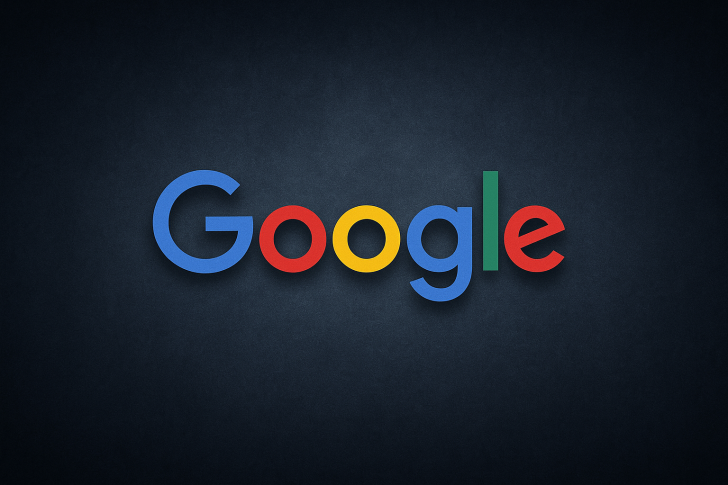The AI race is heating up—and the smart money is on Google. According to Polymarket, a popular prediction platform, a striking 77% of traders believe Google will have the world's leading AI model by the end of 2025. This wave of confidence revolves around Google's next flagship release: Gemini 3.0 Pro, expected in early 2025.
The Market Speaks: 77% Back Google
Tech commentator AshutoshShrivastava recently captured the mood, tweeting: "Gemini 3.0 Pro definitely will be, and I feel the same." It's a potential turning point—suggesting Google might finally leapfrog OpenAI after months of playing catch-up.
Polymarket's decentralized betting markets often serve as early signals of where the tech world is heading. Right now, its "Best AI Model by End of 2025" contract tells a clear story: Google commands roughly three-quarters of all wagers, while OpenAI trails behind and competitors like Anthropic and Meta fall even further back.
This isn't blind hype. It reflects growing confidence in Google's recent momentum and the technological leaps expected from Gemini 3.0—particularly in multimodal reasoning, real-time interaction, and seamless integration across Google's massive ecosystem.
Google's Gemini project, built by DeepMind and Google Research, aims to unify text, image, video, and code understanding into one powerful model. Based on leaks and insider reports, Gemini 3.0 Pro is rumored to include:
- Full multimodal input — handling text, voice, images, and video all at once in real time
- Advanced reasoning — logic and problem-solving capabilities potentially on par with GPT-5
- Deep ecosystem integration — native connections to Search, Workspace, Android, YouTube, and more
- Autonomous agents — AI that can execute tasks independently rather than just respond to prompts
If these features deliver, Gemini 3.0 won't just close the gap with OpenAI—it could pull ahead, leveraging Google's unmatched access to global user data.
Google's Comeback Story
Not long ago, Google was criticized for falling behind. Early Gemini models were solid technically but stumbled on rollout—limited access, overly cautious filters, and slow developer adoption held them back.
But 2024 changed the narrative. Google's AI division picked up speed: Gemini Advanced launched via Google One AI Premium, Gemini embedded itself into Android 15 and Pixel devices, and new features like real-time voice translation brought it closer to GPT-4o's capabilities. Google rebuilt trust and set the stage for a powerful 2025.
Here's the thing: the 77% isn't just about raw intelligence—it's about Google's infrastructure advantage. With billions of users across Search, YouTube, Gmail, Maps, and Android, Google has access to real-world data that rivals simply can't match. This closed-loop system lets Google train, refine, and deploy AI faster than OpenAI (which relies on Microsoft's Azure) or Anthropic (focused more on safety research than mass adoption).
Traders aren't just betting on a smarter model—they're betting on Google's ability to weave AI into every corner of digital life.
Expert Take: "The Gemini Era Is Approaching"
AI analysts are taking the Gemini 3.0 buzz seriously. Dr. Leila Kumar, an independent machine learning researcher, puts it this way: "The real question isn't whether Gemini 3.0 will be smarter—it's whether it will be more useful. Google's integration advantage could make its AI omnipresent in daily workflows."
Still, challenges remain. Transparency and trust are sticking points—Apple, Meta, and open-source projects like Mistral are pushing for more visibility into how AI models are trained, an area where Google has been historically secretive. Even so, sentiment is shifting. Many now believe Gemini's blend of reasoning power and global reach could soon set a new standard.
Next year will be packed with major releases: OpenAI's GPT-5, Anthropic's Claude 4.5, and Meta's LLaMA 3 Turbo are all coming. Against that backdrop, Gemini 3.0 Pro will need to deliver not just intelligence, but consistency, transparency, and real-world usability.
If it succeeds, Google could reclaim its spot as the innovation leader in AI—reshaping a competitive landscape it once dominated.
 Saad Ullah
Saad Ullah

 Saad Ullah
Saad Ullah


